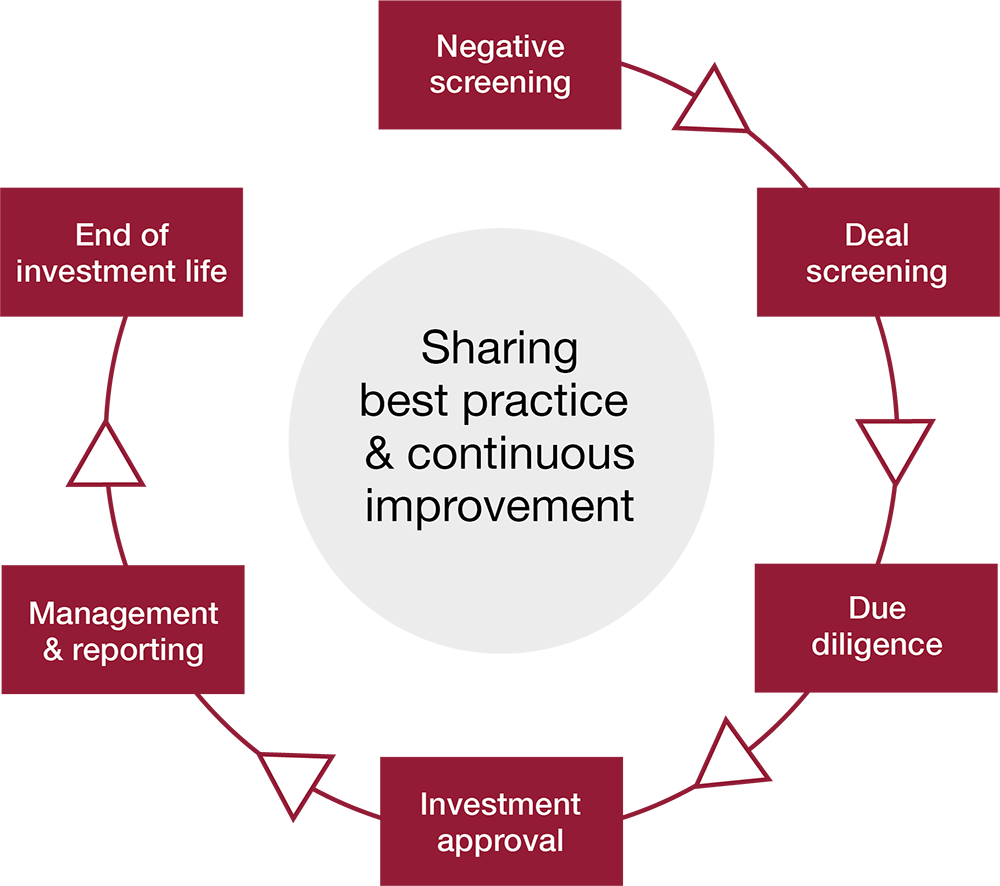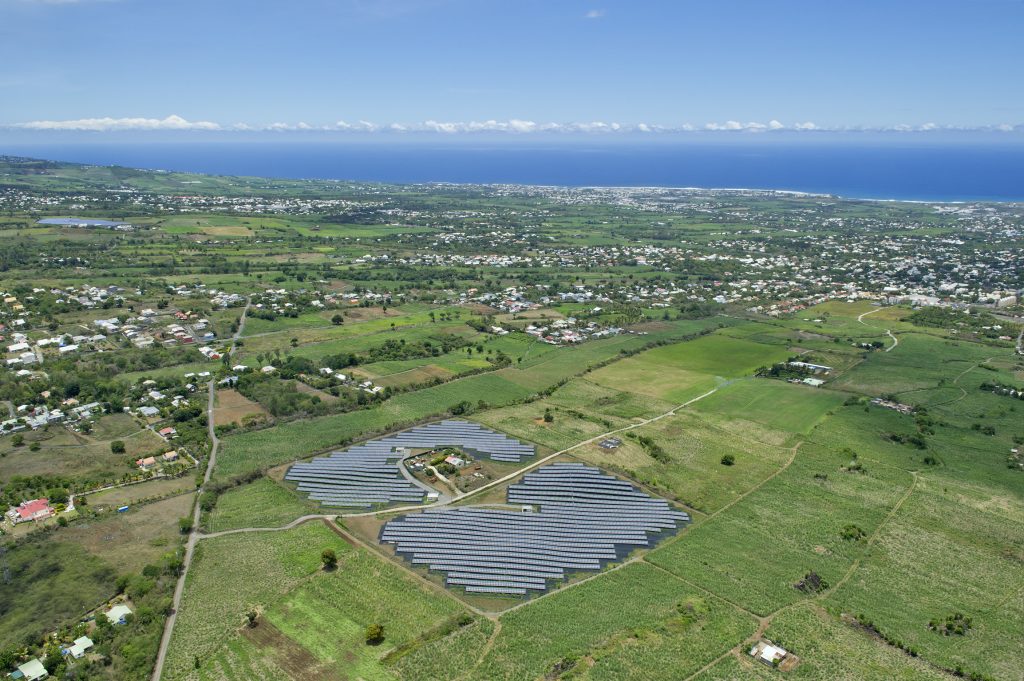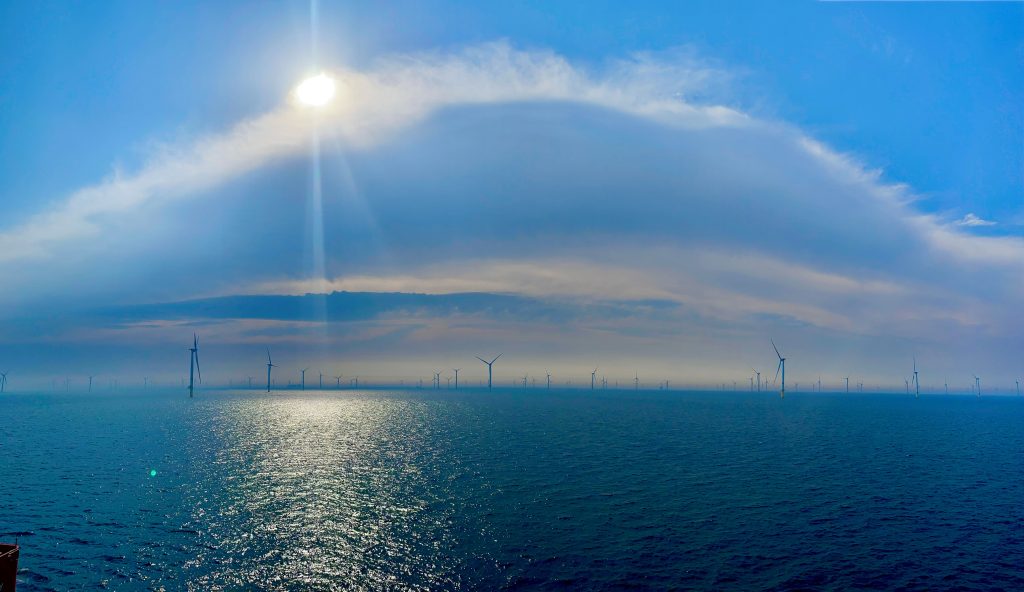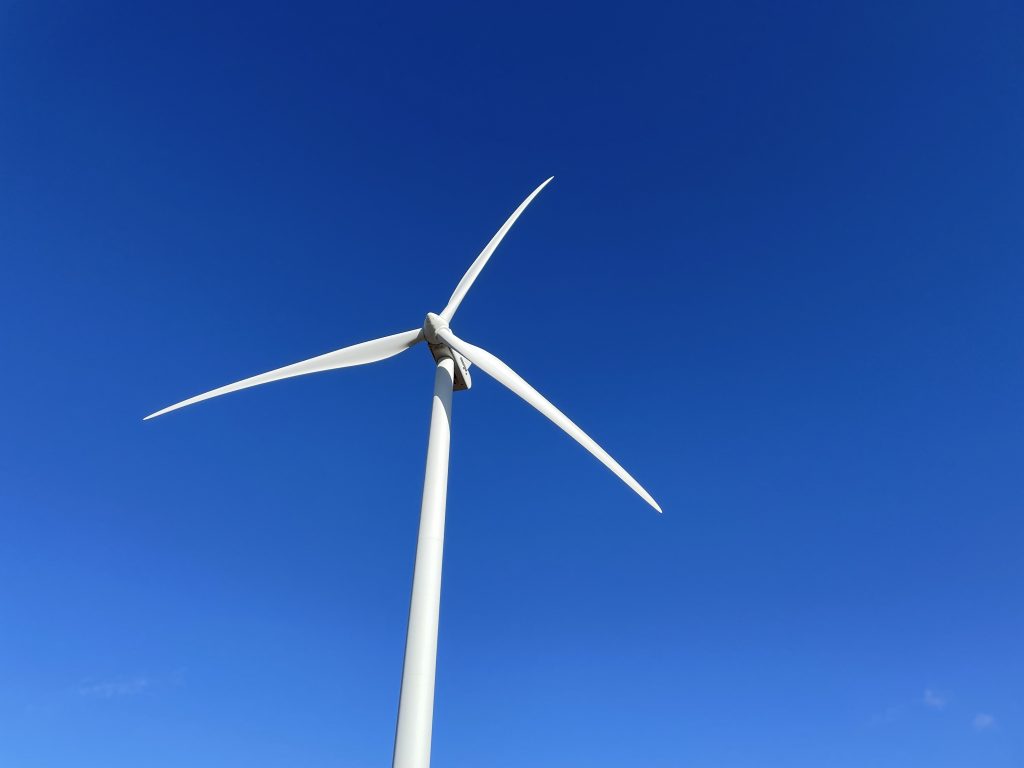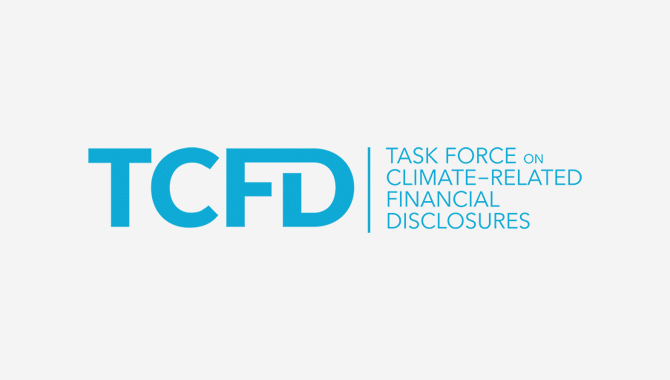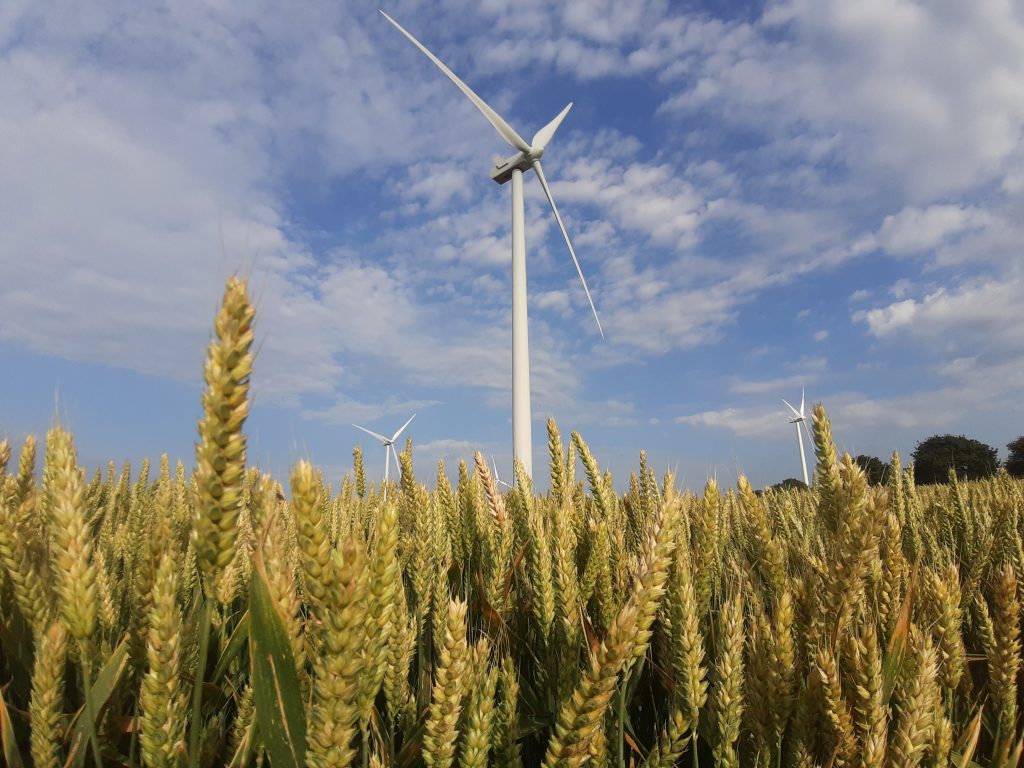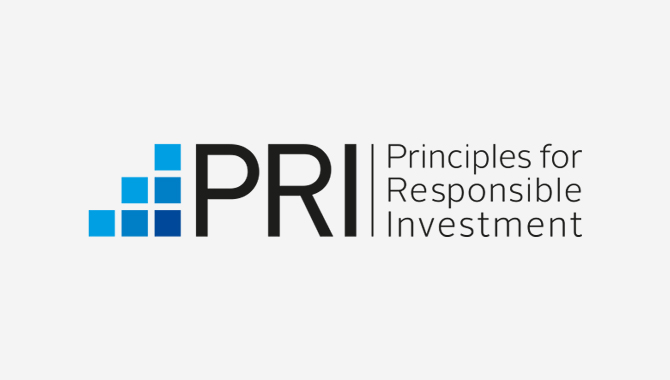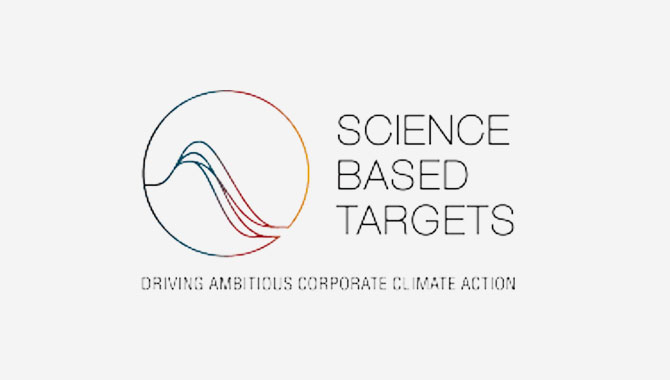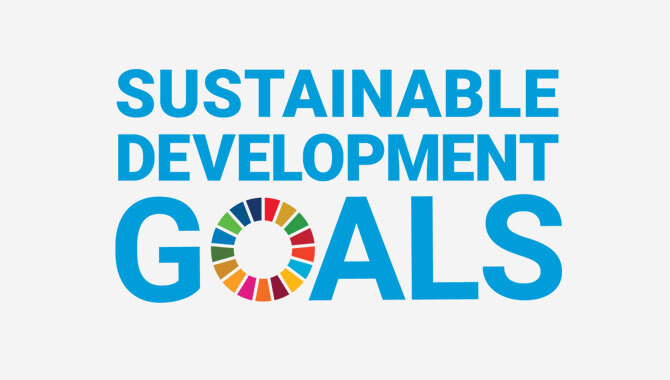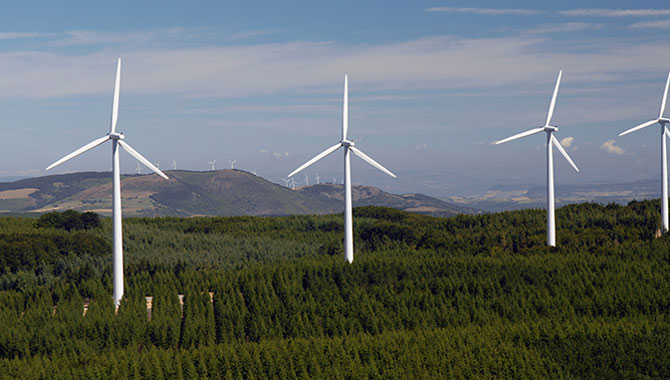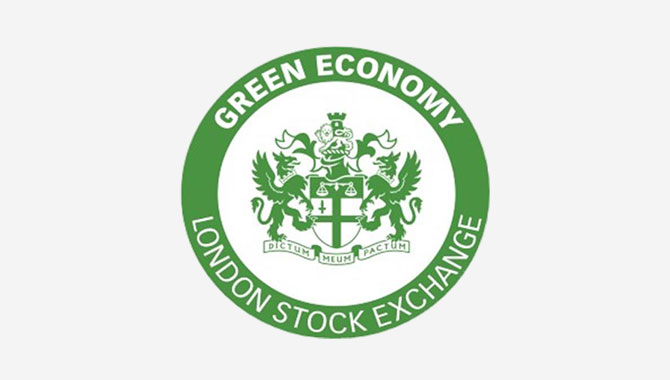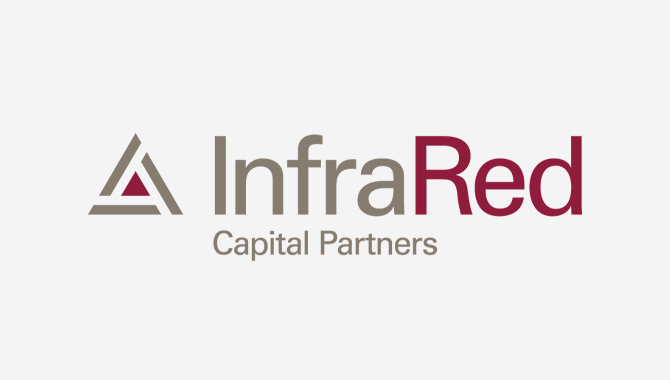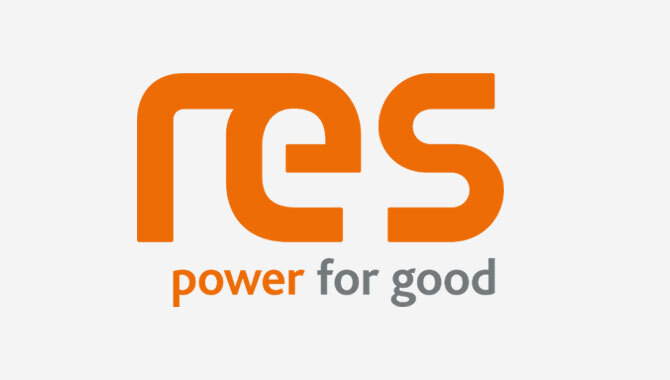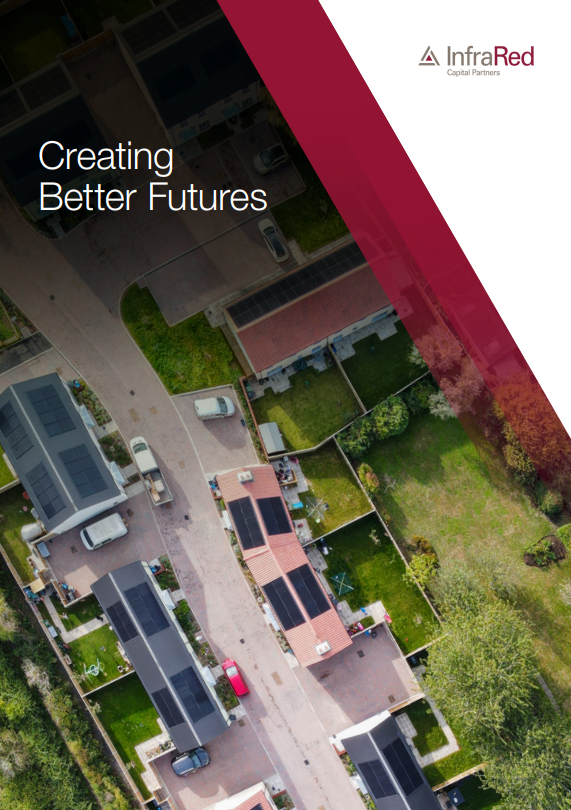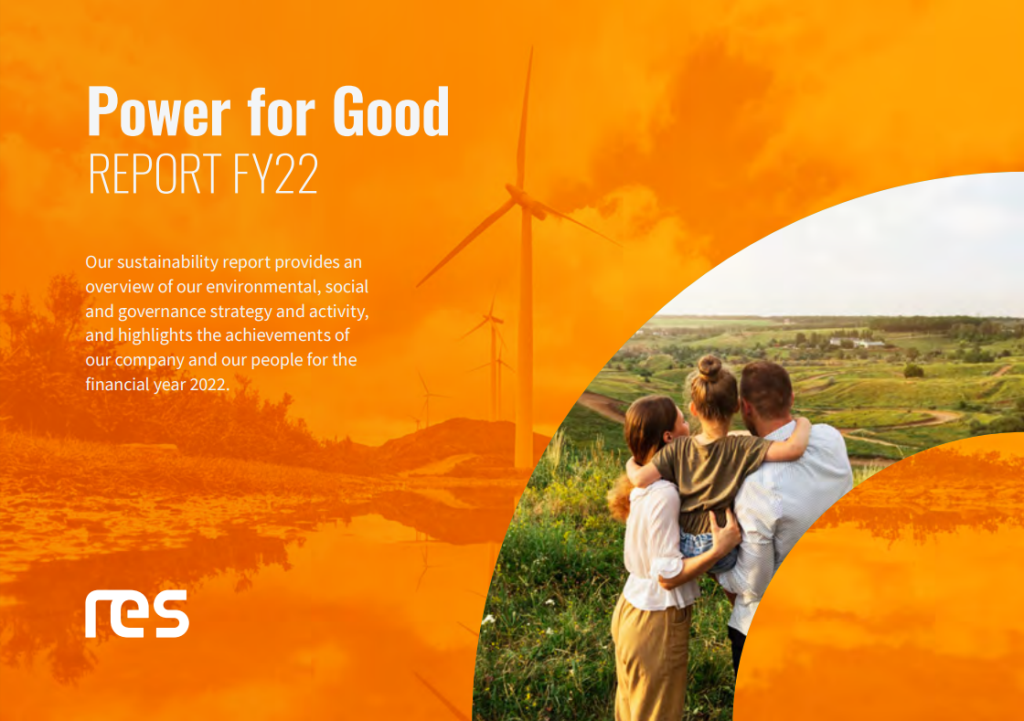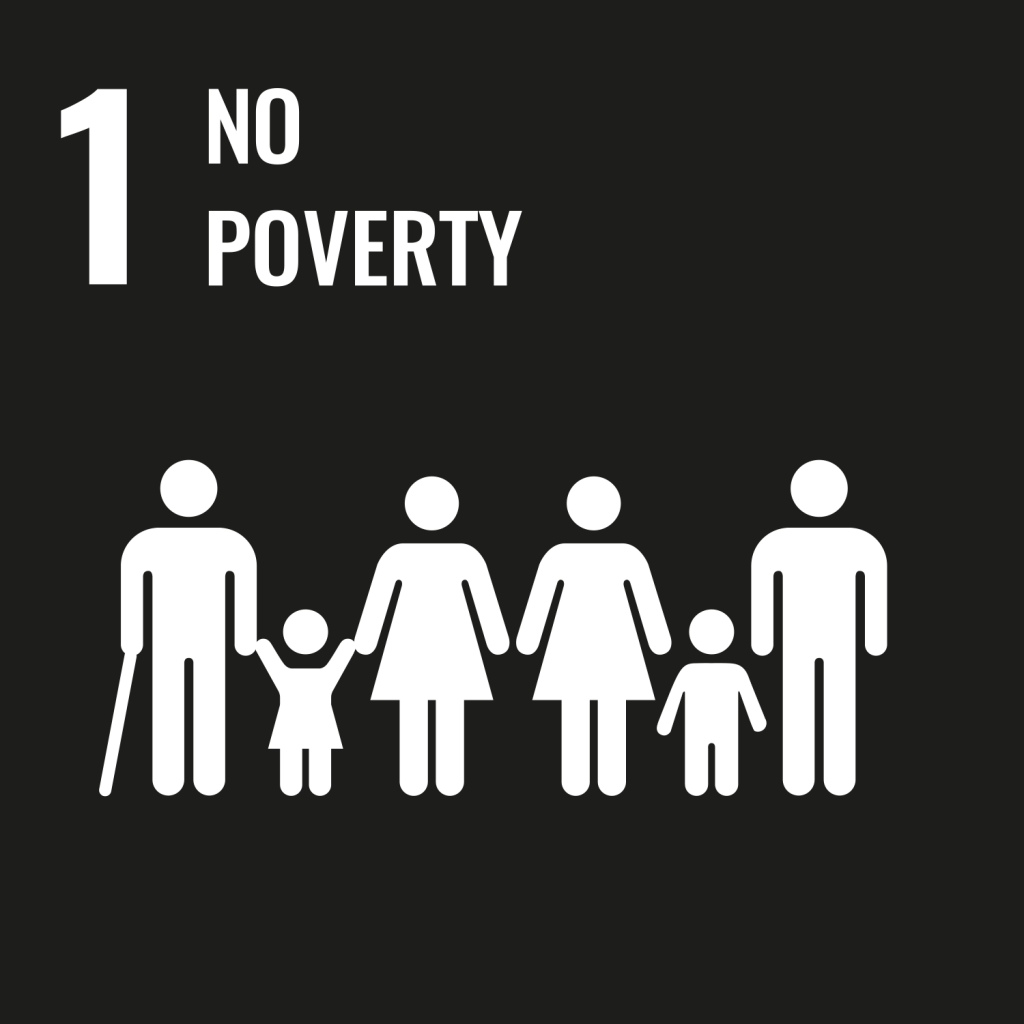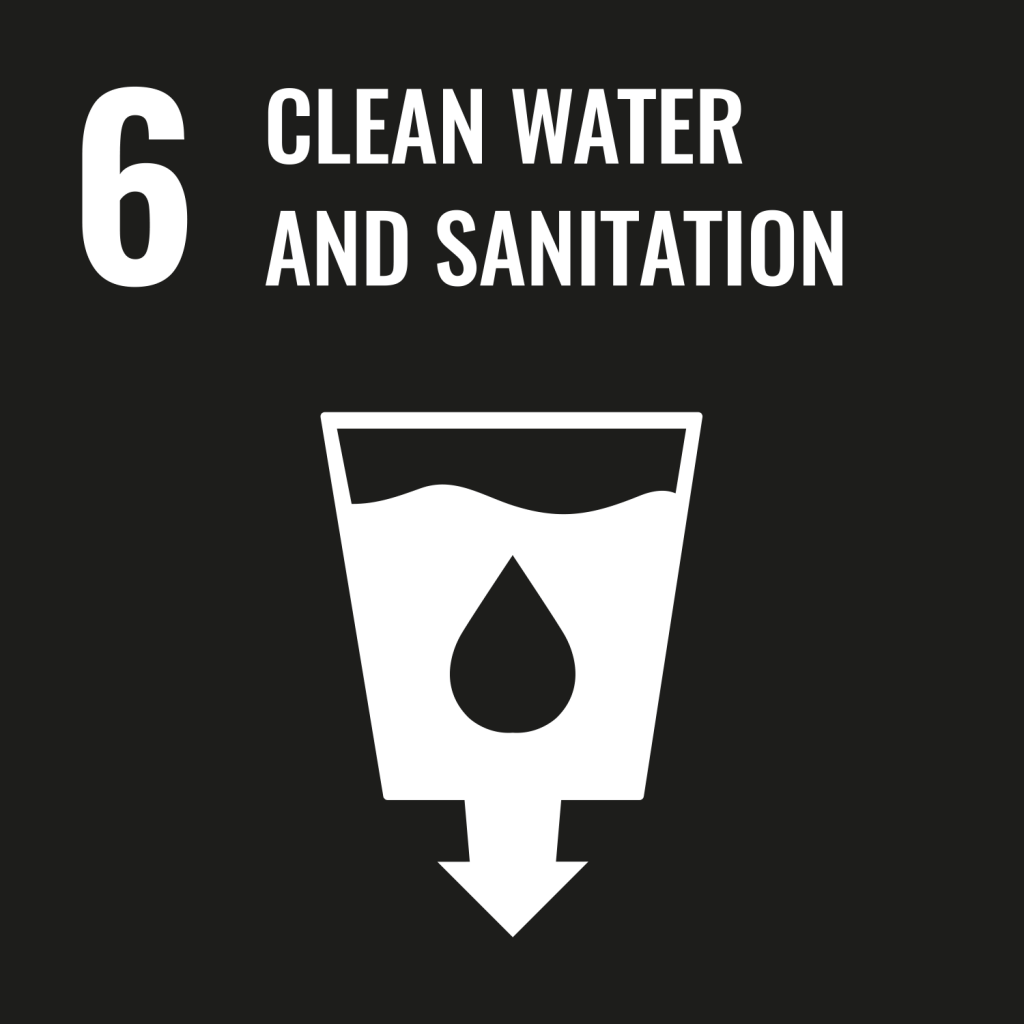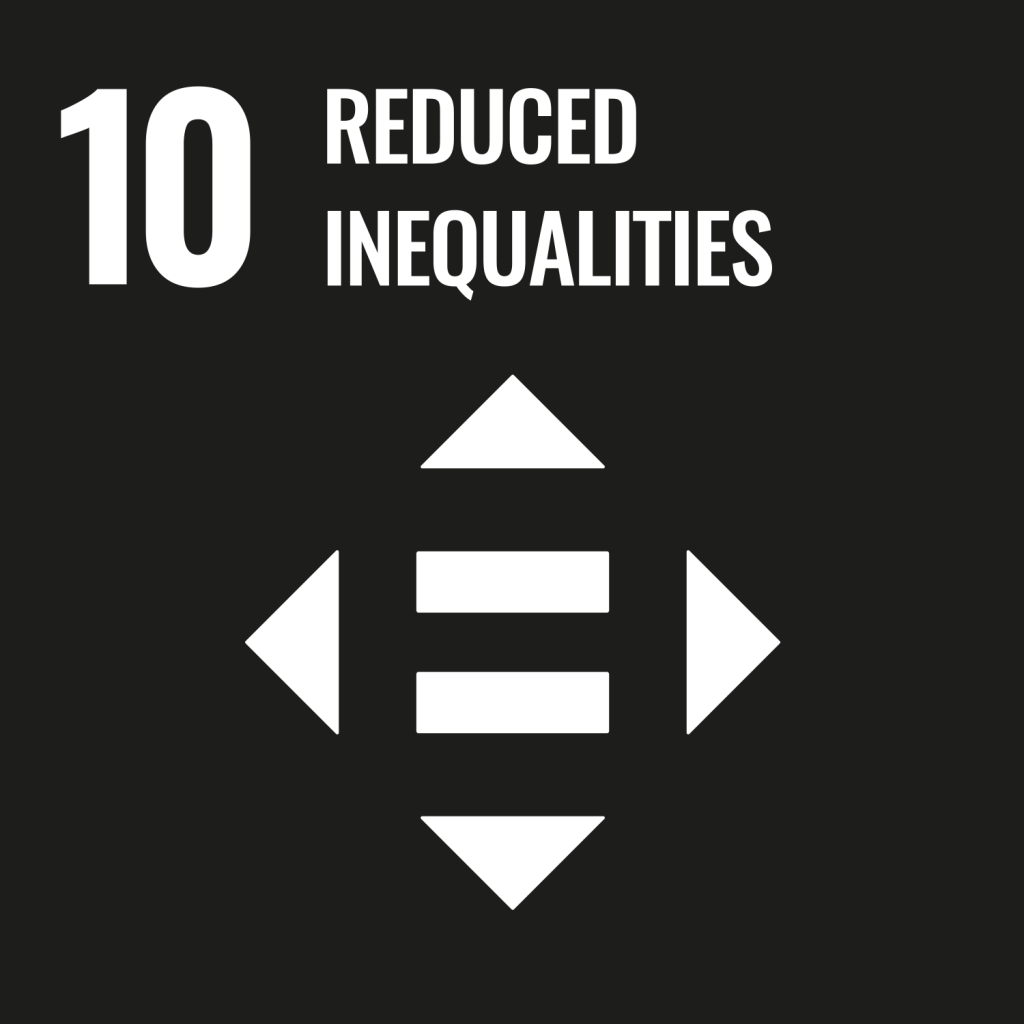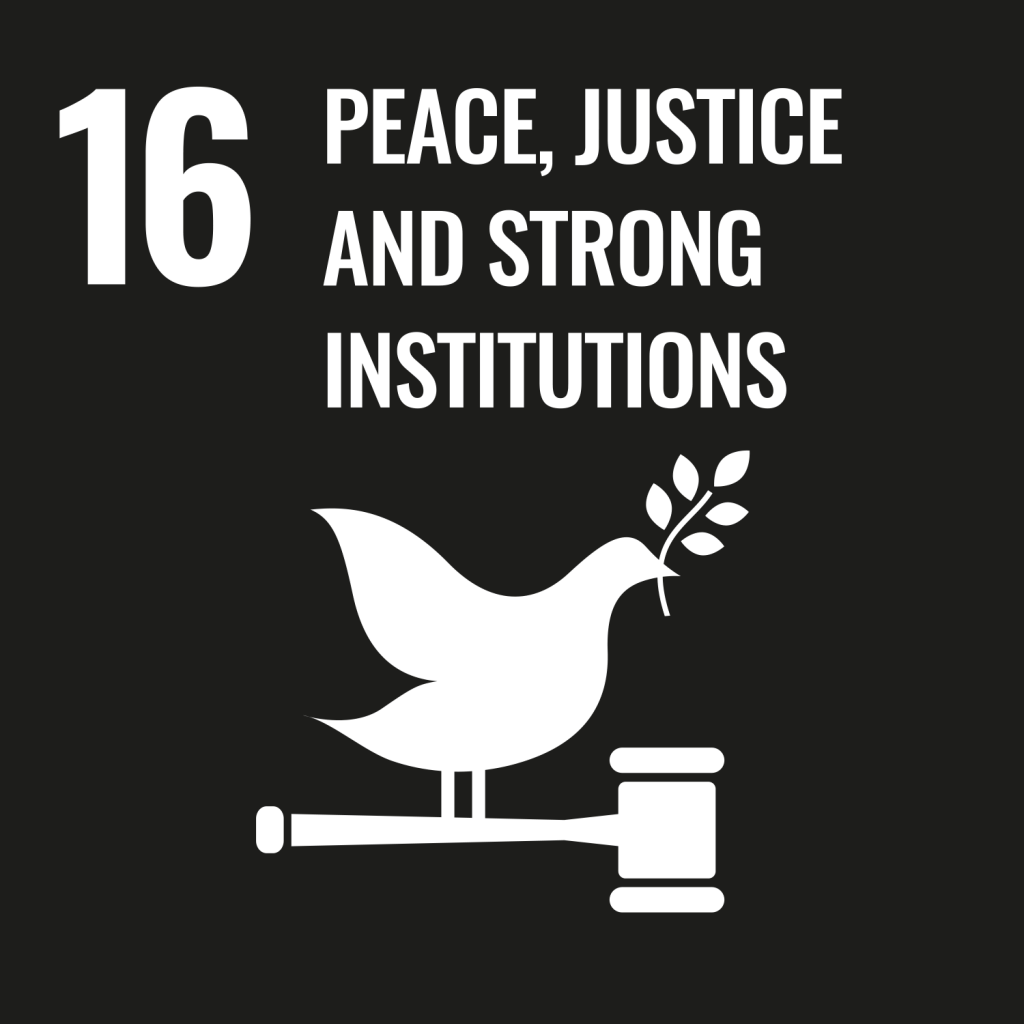
Long-term, responsible investment
Click here for our latest Sustainability Report
Timeline
Our story so far
Scroll our timeline to view more dates
Since IPO TRIG has invested over £3.5 billion into renewable energy
6TWh
of clean renewable power generated annually
1.7m
homes (equivalent) the portfolio is capable of powering with clean energy
2.0m
tonnes of carbon emissions avoided in 2024
Downloadable reports
TRIG
InfraRed
The 17 Sustainable Development Goals
The United Nations 17 Sustainable Development Goals
TRIG’s efforts are focused on the goals which align with our sustainability goals, SDG contributions are made through our investments and our impact on the local communities around our assets. Primarily, the Company contributes towards SDG 7 Affordable and clean energy, and SDG 13 Climate action. Our ESG commitments have a broader reach, and overall TRIG actively contributes to 11 out of the 17 SDGs, either at an asset level or by the Company.


